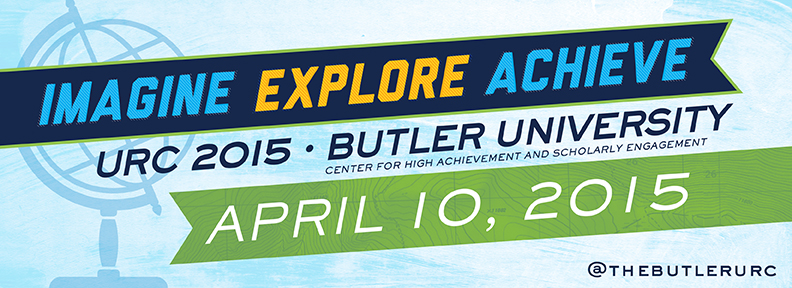
Political Science
Event Title
An Assessment of Attorney-Judge Interactions During State Supreme Court Oral Arguments
Document Type
Poster Presentation
Location
Indianapolis, IN
Start Date
10-4-2015 8:45 AM
End Date
10-4-2015 10:00 AM
Sponsor
Justin Wedeking (University of Kentucky)
Description
My research was based on previous research conducted by Dr. Justin Wedeking, in the Department of Political Science at the University of Kentucky. In this research, the behavior of the federal supreme court justices were analyzed during oral arguments, with a focus on if the quality and number of questions that justices ask has an effect on the ruling. This research uncovered, that the justices usually asked more questions to the respondent, approximately 70% of the questions the justices asked were to the respondent. After the rulings of these cases were announced, they were compared with the number of questions asked during oral arguments. Dr. Wedeking's research found that the side that received more questions, generally lost the case. This means the petitioner has about a 70% chance of winning a case at the national level. Based on this research, Dr. Wedeking has applied the same procedure to state supreme courts, to see if they would get the same results. One reason for comparing federal and state supreme courts, is the difference in how the judges are selected. The national supreme court is appointed by the President of the United States and confirmed by the Senate. In many state supreme courts, the judges are selected through some type of election system. Studying state supreme courts allows us to see if judges behave differently if they are appointed versus being elected. Based on the results from the national level, the hypothesis in this research is that in state supreme courts, the side that receives more questions from the judges will lose.
The different institutional arrangements studied were the number of judges on the court and the system used to select the judges. The number of judges on these courts varies, from each states. Three different systems are used to select judges: nonpartisan elections, partisan elections, and merit selection. Ohio, Washington, and Arkansas select judges through nonpartisan elections. Indiana selects judges through partisan elections. Arizona and Iowa select judges through a merit system. One reason this research was conducted was to see if there are different behaviors for judges that are chosen differently.
These states were picked for two reasons. The first was that these states had very simple access to oral arguments. They could easily be found the state courts' website. Also, during the videotapes of these oral arguments, the judges' and attorney's name were given every time they spoke, which made it easy to keep track of the questions. Another reason these states were picked, is that they represent a variety in how the judges are selected.
An Assessment of Attorney-Judge Interactions During State Supreme Court Oral Arguments
Indianapolis, IN
My research was based on previous research conducted by Dr. Justin Wedeking, in the Department of Political Science at the University of Kentucky. In this research, the behavior of the federal supreme court justices were analyzed during oral arguments, with a focus on if the quality and number of questions that justices ask has an effect on the ruling. This research uncovered, that the justices usually asked more questions to the respondent, approximately 70% of the questions the justices asked were to the respondent. After the rulings of these cases were announced, they were compared with the number of questions asked during oral arguments. Dr. Wedeking's research found that the side that received more questions, generally lost the case. This means the petitioner has about a 70% chance of winning a case at the national level. Based on this research, Dr. Wedeking has applied the same procedure to state supreme courts, to see if they would get the same results. One reason for comparing federal and state supreme courts, is the difference in how the judges are selected. The national supreme court is appointed by the President of the United States and confirmed by the Senate. In many state supreme courts, the judges are selected through some type of election system. Studying state supreme courts allows us to see if judges behave differently if they are appointed versus being elected. Based on the results from the national level, the hypothesis in this research is that in state supreme courts, the side that receives more questions from the judges will lose.
The different institutional arrangements studied were the number of judges on the court and the system used to select the judges. The number of judges on these courts varies, from each states. Three different systems are used to select judges: nonpartisan elections, partisan elections, and merit selection. Ohio, Washington, and Arkansas select judges through nonpartisan elections. Indiana selects judges through partisan elections. Arizona and Iowa select judges through a merit system. One reason this research was conducted was to see if there are different behaviors for judges that are chosen differently.
These states were picked for two reasons. The first was that these states had very simple access to oral arguments. They could easily be found the state courts' website. Also, during the videotapes of these oral arguments, the judges' and attorney's name were given every time they spoke, which made it easy to keep track of the questions. Another reason these states were picked, is that they represent a variety in how the judges are selected.
